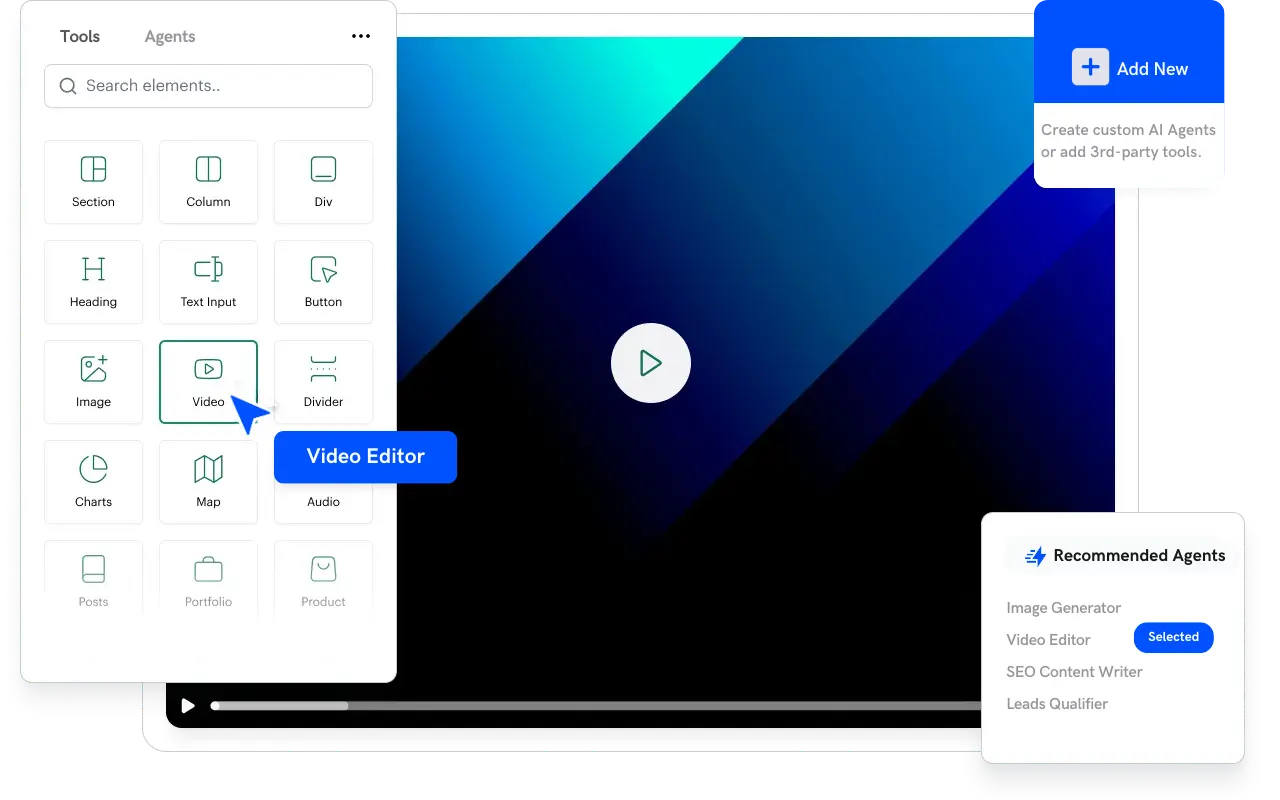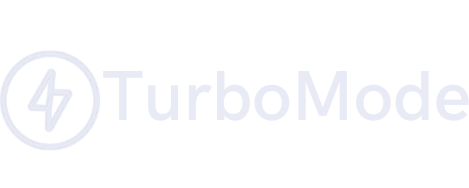In the fast-paced landscape of modern business, finding ways to streamline daily operations is critical. AI tools have emerged as essential assets for companies looking to improve efficiency, reduce operational delays, and foster a more organized work environment. Leading publications such as Harvard Business Review and Forbes have highlighted the transformative potential of these technologies, which range from intelligent scheduling systems to advanced project management platforms.
One of the most compelling features of AI tools is their ability to integrate seamlessly with existing business systems. Many project management platforms now come equipped with built-in AI capabilities that help prioritize tasks and allocate resources efficiently. By analyzing historical project data, these tools can suggest optimized timelines and task assignments that minimize delays and ensure that projects stay on track. For example, when a team faces multiple deadlines, AI can automatically reorder tasks based on priority and resource availability, thus preventing bottlenecks before they occur.
Another popular category of AI tools is scheduling software. In today’s overbooked work environment, maintaining an organized calendar is a challenge that many professionals face. AI-powered scheduling systems analyze work habits, meeting frequencies, and even individual productivity patterns to suggest ideal times for appointments and dedicated work sessions. This intelligent scheduling not only reduces the risk of overbooking but also allows professionals to carve out uninterrupted time for high-priority tasks. Furthermore, these tools often integrate with email and calendar applications, providing real-time updates and reminders to ensure that no meeting or deadline is missed.
In addition to task and time management, many AI tools offer robust analytics features that deliver actionable insights into workflow performance. These analytics dashboards compile data from various sources and present it in an easy-to-understand format, allowing managers to track productivity trends and identify areas for improvement. For instance, if a particular process consistently slows down project delivery, AI analytics can pinpoint the specific stage causing the delay and suggest remedial actions. This data-driven approach helps businesses continuously refine their operations, ensuring that every aspect of their workflow is optimized for maximum efficiency.
Another advantage of these AI tools is their adaptability. As business needs evolve, so do the functionalities of AI systems. Modern tools are designed to learn from user interactions and improve over time. This adaptive nature means that what starts as a basic automation tool can evolve into a sophisticated system that anticipates user needs and makes proactive recommendations. For instance, an AI project management tool might initially simply schedule tasks, but over time, it could learn to predict project risks and automatically suggest contingency plans, thereby preventing potential setbacks.
Moreover, the implementation of AI tools is not limited to large corporations; small businesses are also reaping significant benefits. With limited resources and smaller teams, small businesses often face challenges in managing daily operations efficiently. AI tools provide these businesses with the same high-level capabilities as larger enterprises, helping them to compete more effectively in their markets. By automating routine tasks and providing insightful analytics, these tools enable small businesses to maximize productivity without the need for significant additional investment in personnel or infrastructure.
In conclusion, the best AI tools for streamlining daily workflows offer a multifaceted approach to improving business operations. From intelligent scheduling and task management to powerful analytics and adaptive learning, these technologies are reshaping the way companies work. By integrating these tools into everyday processes, organizations can achieve higher levels of efficiency, reduce operational bottlenecks, and create a more dynamic work environment. As AI technology continues to evolve, businesses that adopt these tools will not only stay competitive but also set new standards in productivity and innovation.






